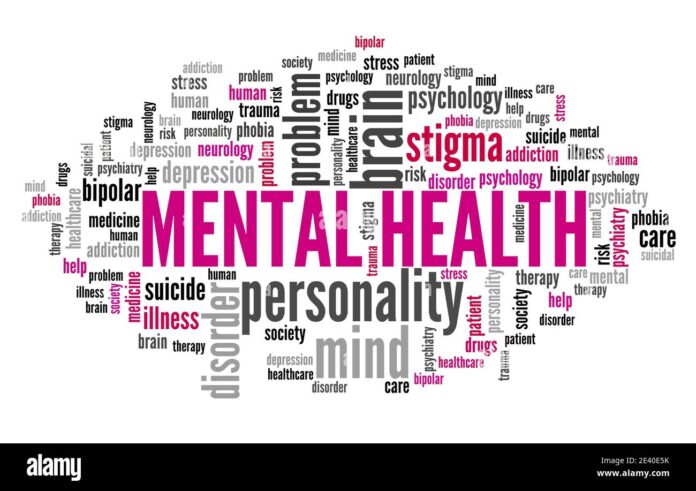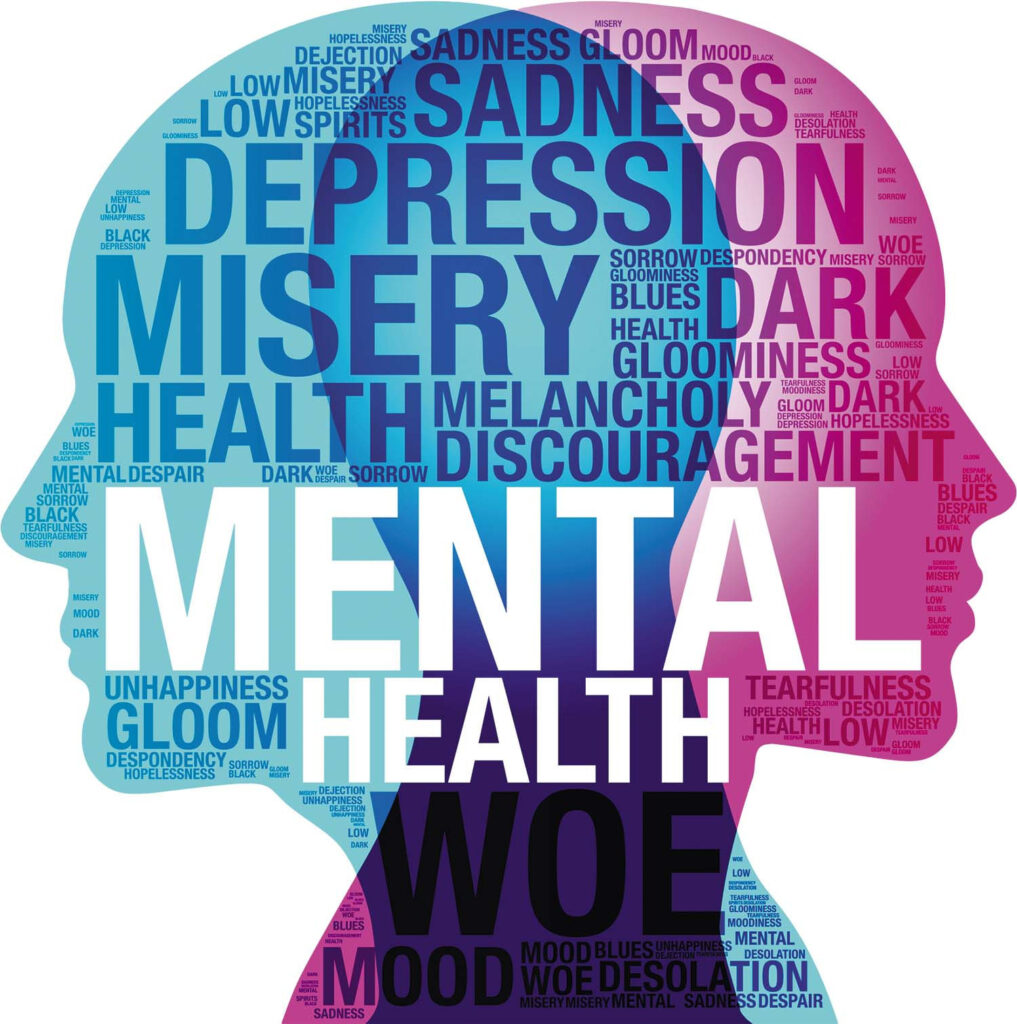In Eswatini, a quiet crisis is taking hold.
More and more teenagers, some as young as 14, are taking their own lives.
These are not just headlines. These are sons, daughters, classmates and friends. They are the future of our nation.
In our culture, many people still believe mental illness is a sign of weakness or “attention-seeking.” But this is a dangerous myth.
At Ekuphileni Clinic, we believe it’s time to break the silence and speak openly about the emotional pressure young people face every day.
Mental health is not a luxury. It is not a weakness.
It is a basic part of being human, and it needs care, compassion and understanding.
WHAT IS MENTAL HEALTH?
Mental health is the state of your emotional and psychological well-being. It affects how you think, feel and act. It determines how you handle stress, relate to others and make choices.
| Eswatini Observer WhatsApp Channel
Just like the body can become sick, the mind can also hurt. You can feel overwhelmed, anxious, numb, hopeless or like life is too much. And just like any illness, you can get help and you can heal.
WHY ARE YOUNG PEOPLE STRUGGLING?
The generation born in the 2000s—Gen Z—is living through a time of intense pressure and change. Many of today’s teens carry hidden weights that are hard to talk about:
Academic pressure: Exams, results, expectations from teachers and parents. Many students feel like failure is not an option, even when they’re exhausted.
Social media comparison: Instagram, TikTok, Facebook—what looks like a perfect life online often leaves others feeling ‘less than’ or invisible.
Family and financial stress: Some young people live with poverty, illness or trauma at home. Others carry adult responsibilities long before their time.
Loneliness and silence: Many teens don’t know where to go with their pain. They fear being judged, misunderstood or told to “get over it.”
SIGNS THAT SOMEONE MIGHT BE STRUGGLING
Not every wound is visible. Here are some warning signs that a young person may need help:
– Withdrawing from family or friends
– Always tired, low energy, or avoiding school
– Feeling worthless or hopeless
– Self-harming, reckless behaviour, or substance use
– Talking about death, suicide or saying goodbye
– Sudden changes in mood, eating or sleeping
If you notice any of these signs, please take them seriously. Say something. Reach out. Listen without judgment.
TIPS FOR COPING WITH PRESSURE
– Talk to someone you trust: A friend, teacher, counsellor or parent. Keeping everything inside can make the pain worse. You are not a burden, you are a person who matters.
– Take social media breaks: Limit screen time. Follow accounts that uplift you. Remember: people often show their best moments, not their real struggles.
– Take care of your body: Sleep enough. Move your body. Eat something nourishing. Your physical health supports your mental health.
– Write, draw or pray: Expressing your emotions in healthy ways—journaling, art, music, or prayer—can help you understand and release what you’re feeling.
– Know that it’s okay not to be okay: You don’t have to have it all figured out. You don’t have to be strong all the time. Needing help is human.
HOW ADULTS CAN SUPPORT THE YOUTH
– Create safe spaces for teens to speak without fear of punishment.
– Be present—sometimes just listening is more powerful than giving advice.
– Avoid shaming mental illness or making fun of emotions.
Encourage professional help when needed; early intervention saves lives.
YOU ARE NOT ALONE
If you are reading this and hurting inside, please hear us: you are not weak, you are not alone and your story is not over. There is help. There is hope.
At Ekuphileni Clinic, we understand that mental health needs professional, compassionate support.
That’s why we provide access to a qualified psychiatrist—a medical doctor who specialises in diagnosing, treating, and supporting individuals with mental health conditions.
Whether you are:
– A teenager facing anxiety or suicidal thoughts
– A parent concerned about your child’s behaviour
– A family needing help to heal together
Psychiatric support goes beyond talking; it includes professional assessment, diagnosis and, where appropriate, medical treatment. It is a safe, confidential space to be heard, understood and guided.
Our psychiatrist is available once a month at Ekuphileni Clinic and sees: Individuals, Children, Teens and Families.
For more information or to book an appointment, please contact us at:
📞 2408 9500 or 7602 3380
📍 We are located at the MVA Building, Mbabane.
Eswatini Observer Press Reader | View Here









